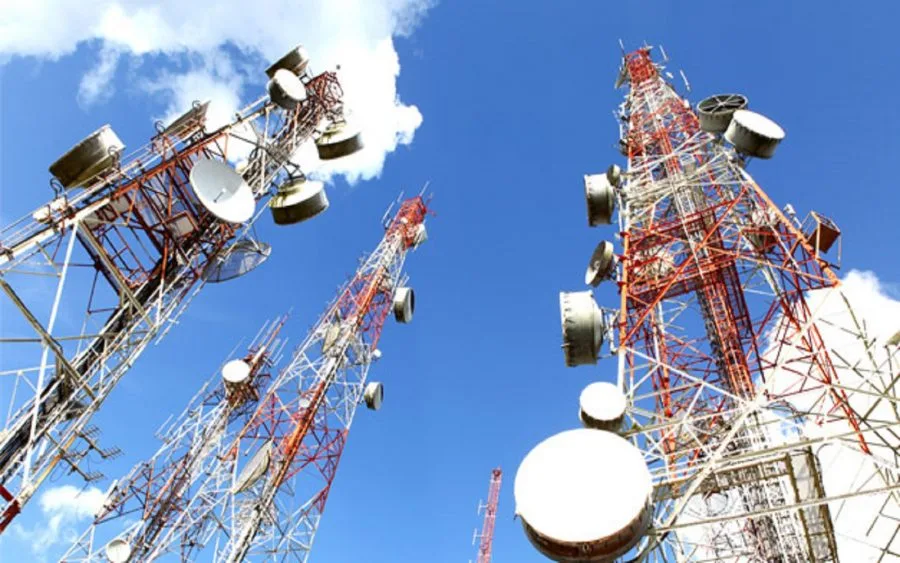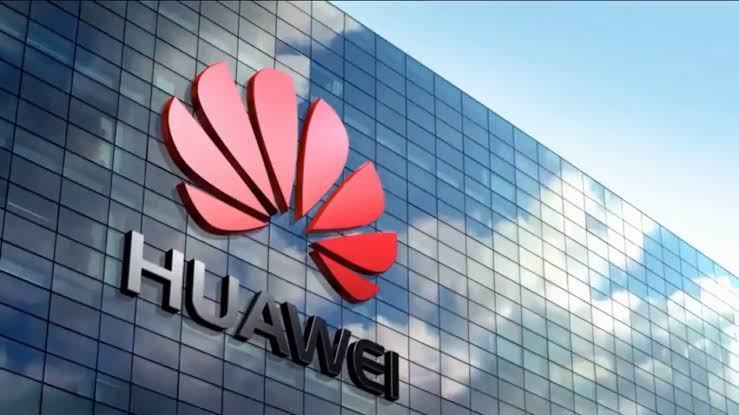By Adedeji Fakorede
The second annual GEM-TECH Awards, which recognize outstanding work to leverage the potential of information and communication technologies (ICTs) to promote the empowerment of women and girls, highlight the urgent need to bridge the persistent gender digital divide.
Jointly organized by ITU and UN Women, the GEM-TECH awards were launched in 2014 in recognition of the tremendous power of ICTs to transform women’s lives by providing them with better access to education, information, support networks, employment opportunities, political participation, and the devices and apps that can improve their personal safety. The awards aim to recognize the diversity and scope of work being done around the world – and to play an important role in highlighting – and narrowing – the gender digital divide.
From a field of almost 150 entries from around the world, 12 GEM-TECH finalists were announced last week. The winners will be announced at a special awards ceremony on 14 December 2015 at Civic Hall in New York, co-hosted by the New York Mayor’s Office.
New gender data published on 30 November in ITU’s flagship annual Measuring the Information Society Report reveals that there are still significantly more men than women using the Internet globally. With 46% of men and 41% of women online, the calculated gap in the Internet user penetration rate between men and women is around 11%.* This rate has not changed significantly between 2013 and 2015.
The Internet user gender gap is lowest in developed countries, at 5.4% per cent in 2015, significantly higher in developing countries, at 15.4%, and highest in the 48 UN-designated Least Developed Countries (LDCs), at 28.9%.
The data suggest that the gap has narrowed in developed countries between 2013 and 2015, while remaining stable in developing countries and LDCs. Only one ITU administrative region, the Americas, displays an Internet user penetration rate that is higher for women than for men. This is partly attributable to the data from its two largest countries, the United States and Brazil.
“ICT access is important for gender equality because it can enable women to achieve greater independence and autonomy, providing them with new economic and social opportunities, including employment and access to financial services, thereby increasing empowerment,” said ITU Secretary-General Houlin Zhao. “At ITU we are working hard to ensure that girls and young women have access to and know how to use ICTs, as well as encouraging them to take up ICT-related careers – through activities such as the GEM-TECH awards and ITU’s International Girls in ICT Day, which takes place annually in April, and which is now celebrated in 150 countries around the world.”
“The measurement of ICT users’ gender is a critical factor in understanding developments in the information society and in informing policy-makers, analysts and other stakeholders involved with issues of gender equality and ICT for development,” said Doreen Bogdan-Martin, head of the ITU’s Gender Task Force. “The importance of equal access for women to economic resources, and the value of ICTs for women’s empowerment, have been recognized in the Sustainable Development Goals, and we are now encouraging all ITU Member States to collect gender-disaggregated data, so we can measure progress towards full gender equality.”

 Aviation1 week ago
Aviation1 week ago
 Business6 days ago
Business6 days ago
 Business5 days ago
Business5 days ago
 Education5 days ago
Education5 days ago
 Crime6 days ago
Crime6 days ago
 Business1 week ago
Business1 week ago
 Business6 days ago
Business6 days ago
 Covid-195 days ago
Covid-195 days ago









